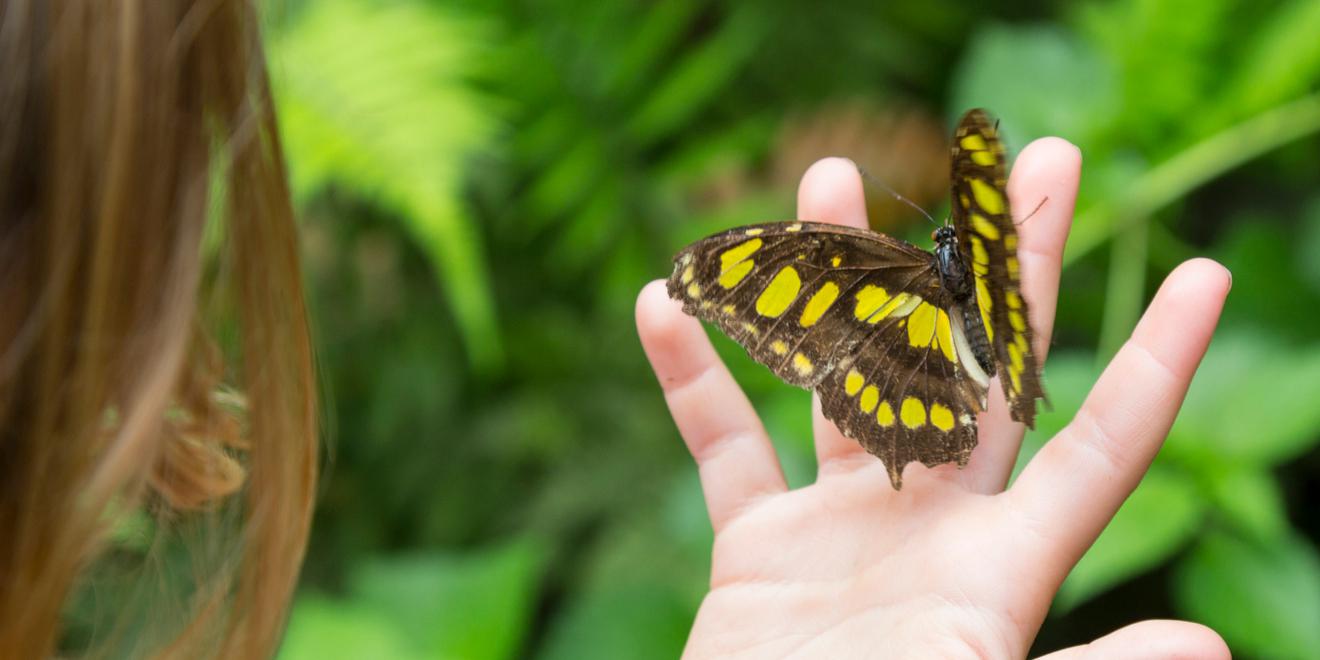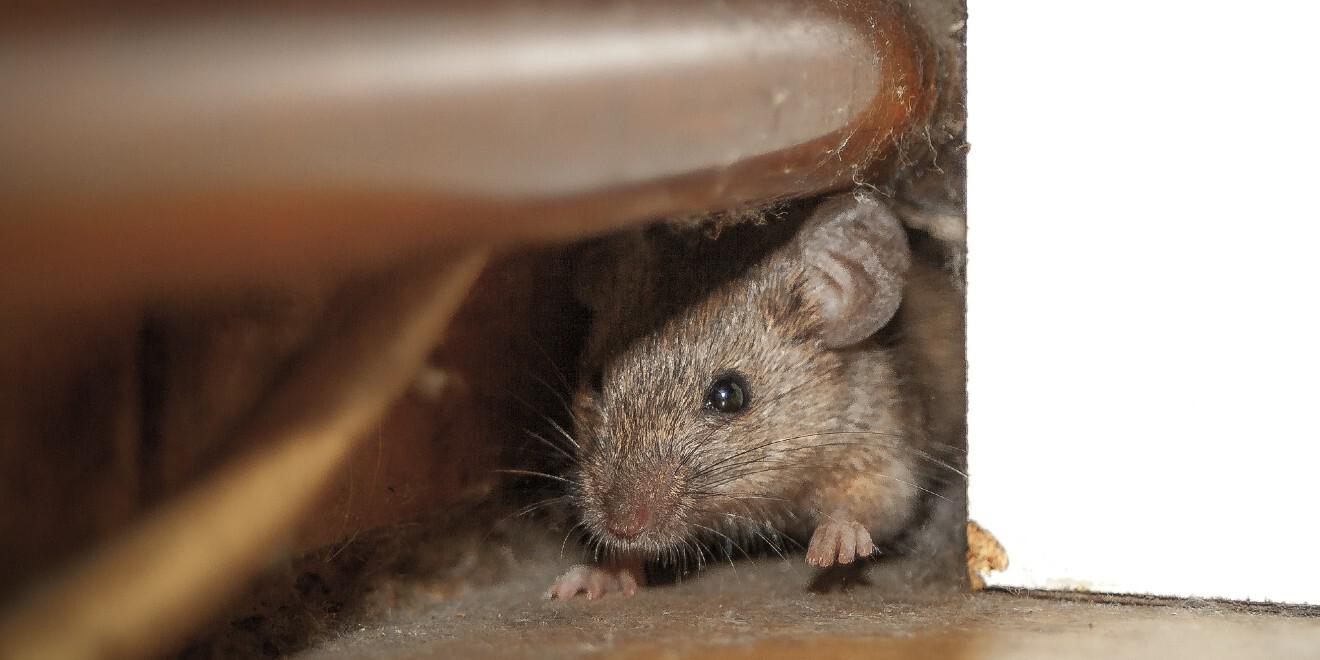Do All Mosquitoes Die During Winter?
Posted by Mosquito Squad
January 22, 2015
You probably won’t spot many mosquitoes in the cooler winter months around Washington DC, but that doesn’t mean that they disappear for good. There are some mosquitoes who die off when the weather turns cold after laying their eggs and while other species may not be actively biting you, they are still alive hiding in protected areas to stay warm and shield themselves from the wintery conditions.
Winter Survival Strategies
Don’t let their fragile-looking structure fool you, mosquitoes are cold-blooded parasites and some like the genera Anopheles, Culex and Culiseta have some pretty good strategies in place for surviving the cold weather. Typically a mosquito which stays alive during the freezing temperatures can be found hibernating in sheltered areas such as sheds and under houses, amongst boxes, within exposed tree roots, holes in the ground and hollow trees. When temperatures increase, the females emerge and are out on the hunt for their first blood meal to aid the development of her eggs. Once the mosquito has gathered enough food from unsuspecting victims, she will lay her eggs in any standing water she can find.
Finding a sheltered place to wait out the winter period is just one way mosquitoes continue their lifespan. More incredibly, mosquitoes have mastered a hibernation squat where they bend their legs and tuck their body in tightly close to the surface they are laying on. This position allows them to absorb the heat from the surface helping them to maintain some warmth as they can’t generate their own body heat being cold-blood creatures.
Some mosquitoes, like the snow mosquito, can handle the cold temperatures better than others and don’t need to hibernate for the entire season. These mosquitoes generally live in the northern U.S. and when winters are relatively mild, they will come out of hiding to fly around even while there is still snow on the ground. These mosquitoes use pools of water to lay their eggs in fall which will hatch and develop into larvae early enough for them to be emerging in the winter.
The pitcher plant mosquito, Wyeomyia smithii, has perhaps the most unusual winter survival strategy of all the species. You will find this parasite frozen within the ice which has been trapped in the leaves of the pitcher plant itself. When the ice melts the mosquito will emerge and continue its business. This mosquito is one of the few species that doesn’t feed on humans.
Mosquitoes Who Die Off After Laying Their Eggs
Many species of male mosquitoes will die off when the weather turns cold and they will stop biting when the temperatures are lower than 50F. Before they die off, they mate with their female companion and she lays her eggs in the fall. When the warmer temperatures of spring come through they hatch producing a new generation. Mosquito larvae requires water to survive so most can be found in the muddy bottoms of puddles, standing water in containers or in moist soil to prevent them freezing. As the temperature of the water decreases, it induces a state of diapause slowing the metabolism and altering the development until the water becomes warmer.
So while you may have a break from being bitten during the winter, it doesn’t necessarily mean the mosquitoes are not alive. Instead, they may just be out of sight. It’s just as important in the winter season to maintain the upkeep of your property and around you home to limit the breeding grounds of mosquitoes. Pick up any leaf debris, keep the gutter clear and remove any standing water which may be appealing to the female mosquito. For more information on how to limit the mosquito breeding grounds and protecting your home from a mosquito invasion contact Mosquito Squad of Greater Washington DC!















